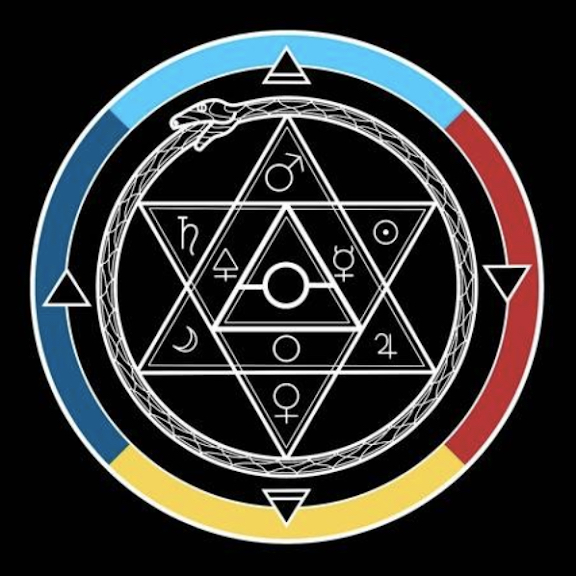New pages
From Depth Psychology Study Wiki
- 22:15, 22 January 2025 TF-Notes (hist | edit) [171,038 bytes] SkyPanther (talk | contribs) (Created page with "== Shallow Neural Networks v.s. Deep Neural Networks == Shallow: * Consists of one or two hidden layers * Takes inputs only as vectors Deep: * Consists of three or more hidden layers * Has larger number of neurons in each layer * Takes raw data such ah images and text") Tag: Visual edit
- 19:30, 25 December 2024 ML-Notes (hist | edit) [12,480 bytes] SkyPanther (talk | contribs) (Created page with "When creating sample data, you need at least a 2D tensor/matrix. Because you need a feature dimension. ie (n, 1) where n is some sample, and 1 is the corresponding feature. As an example: For a house: • Sample: A specific house. • Features: 1. Size: 1500 square feet. 2. Bedrooms: 3. 3. Location Index: 2 (e.g., urban area). When creating a model, you will need to import nn from torch, and in particular nn.Module. Usually something like: import torch from...") Tag: Visual edit
